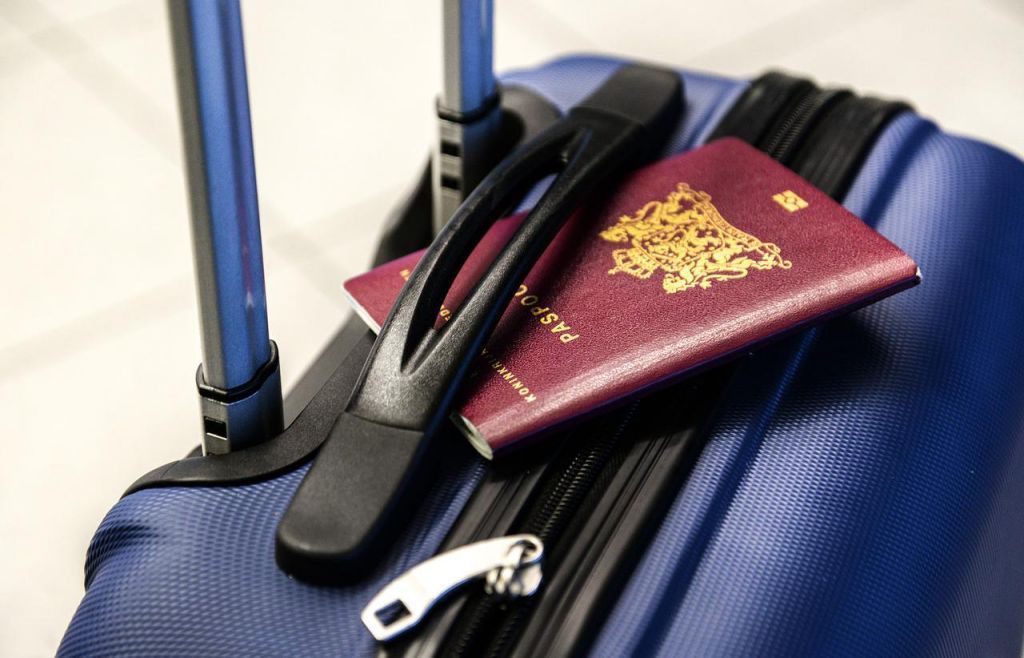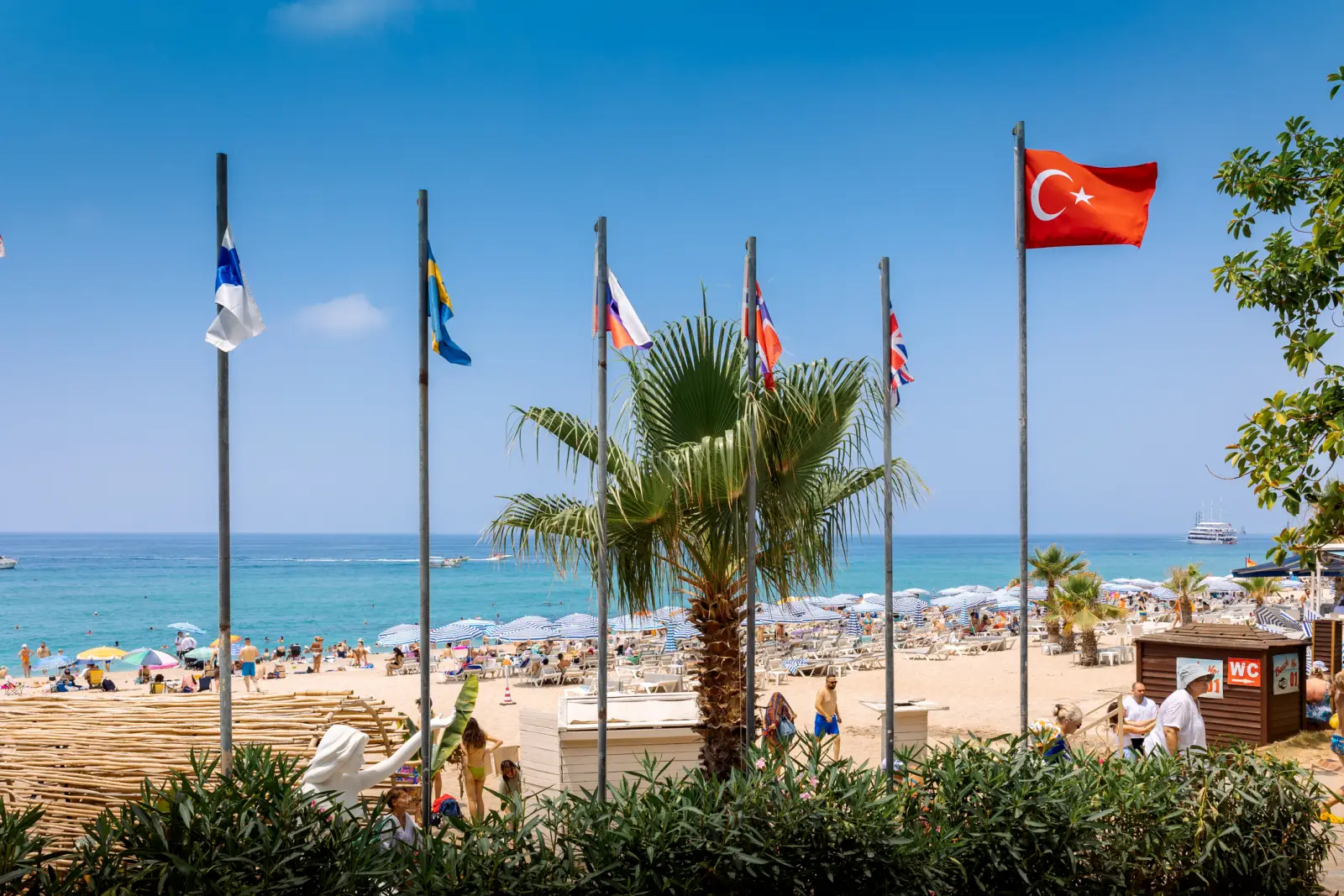A long trip means a lot of fun and a lot of new things to discover, but this comes with some extra responsibility. Hence, it’s advisable for you to make sure that you’re prepared for anything that may happen.
What if your backpack is stolen? What if someone else threw your wallet into a river? Does your passport really protect you from dog bites?
To be honest, we hate being alarmists but we don’t want you to get into trouble. That’s why we have decided to provide you with some handy tips on what you should be looking out for while traveling along with essentials that will ensure a smooth traveling experience.
Protect your luggage and baggage
If you’re going on a long trip, you’ll probably be carrying around a lot of stuff in your luggage. This makes it even more important for you to safeguard your bags and suitcases from being stolen since thieves are more likely to target visitors than locals.
If you’re driving, park your car in an enclosed or fenced parking area. If possible, park it somewhere that guards patrol regularly.
If you’re riding a bus, train, or subway or taking a taxi, keep your bags close to you at all times. Do not allow an opportunity where your stuff is not within your eyesight.
If you’re flying, check your suitcase before boarding the plane so that it goes into the cargo hold at the airport. Once the plane takes off, nobody will be able to get into it until after it lands again at the end of your trip.
Another interesting angle that most people aren’t aware of when it comes to protecting their stuff is that traveller’s renter insurance could protect their stuff even when they’re not home. This is another reason why it’s often suggested to get homeowners or renters insurance for yourself.
Keep an eye on your wallet
While you’re boarding a flight or tram or checking into a hotel, pay extra attention to your wallet or purse. This can prevent pickpockets from stealing your identity and money while you’re distracted during these hectic times on the trip.
If you’re traveling overseas, make sure someone has access to all of your travel details: where you’re staying, what time you plan to arrive, and so on. This will help them contact authorities if anything happens to cause concern for their safety.
Once at your destination, make sure to have copies of all important papers in case they get lost or stolen. This can include passports, plane tickets, driver’s licenses and more. If possible, email a copy to yourself or leave it with someone back home so they can send it over if necessary.
Don’t overshare on social media
We want to share everything with our friends and family via social media. But when you are traveling, certain information is better left unposted.
“Think about what you’re sharing on Facebook, Instagram or any other social media platform. You don’t want to be posting that you’re going away or when you’re coming back,” says Christopher O’Connell, president of Safety Advisors for Educational Campuses. “You want to keep your travel itinerary as confidential as possible.”
O’Connell also suggests being careful where you post photos while traveling to avoid having your house robbed.
“If I’m going across the country and I post pictures from San Francisco, my house is empty for a week,” he says. “That’s the kind of information that a burglar may be looking for.”
Take regular breaks
When you’re travelling for hours at end, take regular breaks and move around, especially if you have chronic back issues. Moreover, if there’s enough time between transfers, try not to sleep at those times so that your body has time to rest and recharge when it really needs it the most.
It is also a good idea to bring a little pillow along on your flight to support your neck when you’re sleeping. Some people tend to opt for inflatable pillows instead of bulky items, but, if possible, go in for one made from memory foam as they offer better comfort. If you aren’t too confident about your pillow being able to protect your neck while sleeping on planes, then make sure that you cover it with a scarf or a stole so that it feels softer against your skin.
Having a backup phone or laptop charger
Another one of the easiest ways to protect yourself on a long trip is to make sure your electronics are always charged. This means having a backup charger for your phone, laptop, camera, etc. This is especially necessary if you’re traveling abroad and aren’t able to find a place to charge your devices easily.
If you’re traveling for an extended period of time, it’s also worth getting a portable battery pack to keep with you. You can charge all of your devices from the battery pack and then recharge it at night for the next day.
In Conclusion
With so many things to look forward to on a trip, you might forget about at least half of the things that can be damaged when you’re traveling. Be it your clothes, your gadgets, or even your luggage – you need to be careful around them all. This article helps you take care of everything when it comes to taking good care of yourself and all your stuff while you’re traveling.













